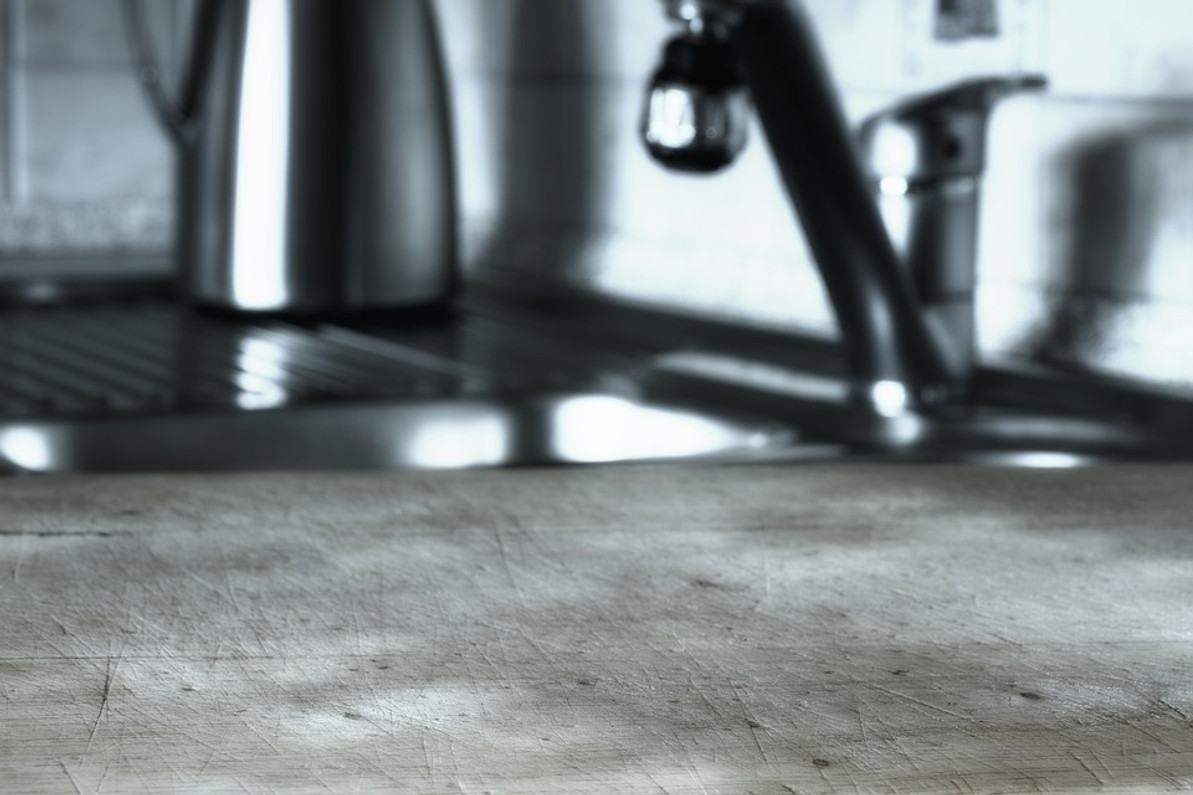5 Gas Water Heater Safety Tips
Do you have a gas water heater? Whether it's installed in your home or place of business, you'll need to maintain it. Gas water heaters are appliances that, as you may know, heat incoming water by exposing it to a flame. They burn gas to generate heat, which then heats the water stored in a large tank. Below are five safety tips to follow when using a gas water heater.
#1) Test the Pressure Relief Valve
Gas water heaters have a safety component that's designed to relieve excess pressure within the tank. Known as a pressure relief valve, it can protect your gas water heater from exploding or rupturing. Over time, however, the pressure relief valve may valve. Fortunately, you can test the pressure relief valve to ensure that functions as intended by relieving excess pressure.
#2) Keep Flammable Objects Away
Make sure there are no flammable objects or liquids near your gas water heater. Unlike electric water heaters, gas water heaters aren't powered by electricity. They generate heat by burning gas. If a flammable object is nearby when this occurs, it may ignite. You can prevent this from happening by keeping all flammable objects and liquids away from your gas water heater.
#3) Install CO Detectors
You should install carbon monoxide (CO) detectors around your gas water heater. When burned, natural gas -- the fuel that gas water heaters use -- creates CO as a byproduct. Gas water heaters are designed to vent CO and other byproduct gases to the outside. A clogged exhaust vent, though, may result in CO accumulating inside of the gas water heater or leaking to the interior.
#4) Set the Temperature
Another gas water heater safety tip is to set the temperature. Most gas water heaters have a thermostat. You can typically find it behind a panel. After removing the front of the panel, you can access the thermostat. The thermostat will allow you to set the temperature of the gas water heater. You can raise or lower the temperature depending on your needs.
#5) Check for Corrosion
Try to get into the habit of checking your gas water heater for corrosion at least once a month. Nearly all gas water heaters have a metal tank. Metal tanks, of course, can corrode. They may develop rust or corrosion that jepordizes their physical integrity. If you discover rust or corrosion, don't use your gas water heater. You'll need to get it repaired or replaced.
Recent Posts
-
Fire Safety in the Workplace: What You Need to Know
What steps are you taking to prevent fires in your workplace? According to the U.S. Occupational Saf …Aug 23rd 2023 -
Is It Safe to Go Jogging With a Cold Infection?
If you're suffering from a cold infection, you might be wondering whether it's safe to go jogging. T …Aug 22nd 2023 -
5 Safety Tips to Follow When Using a Powder-Actuated Tool
Powder-actuated tools are commonly used to join materials to steel and concrete. Also known as Hilti …Aug 20th 2023




